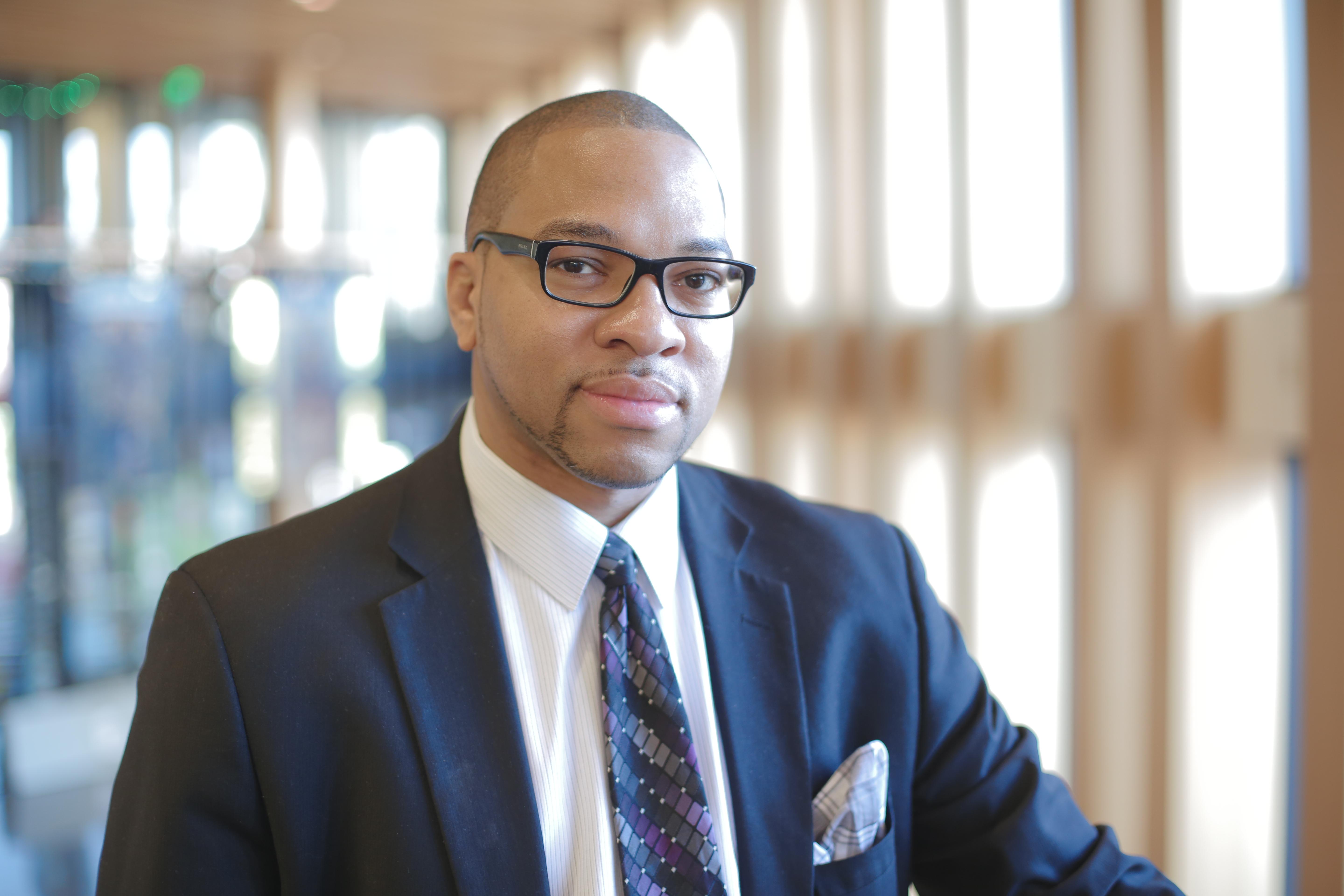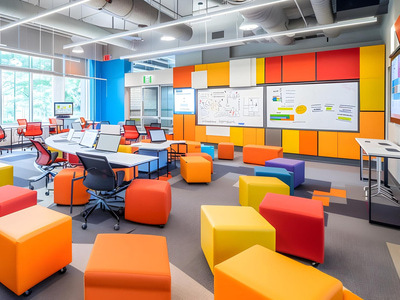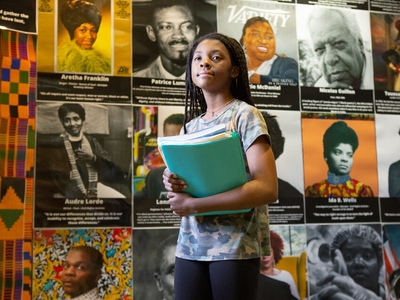New Designs for School
Boston’s Innovative Approach to Reconnecting High School Dropouts
Topics

We’ve all had the experience of truly purposeful, authentic learning and know how valuable it is. Educators are taking the best of what we know about learning, student support, effective instruction, and interpersonal skill-building to completely reimagine schools so that students experience that kind of purposeful learning all day, every day.
The district is reconnecting high school dropouts by focusing on life goals, academic gaps, social-emotional challenges, and personal commitments.
From 2007-08, in the city of Boston, over 1,900 students left school without earning a diploma. From 2016-17, less than 660 students dropped out of school. This 66 percent decrease in the number of students who dropped out in Boston over the last 10 years is a promising trend and demonstrates the efficacy of our student-specific approach.
In 2008, the Boston public schools (BPS) started the Re-Engagement Center (REC), a full-service center designed to help dropouts and struggling students get back on track to graduate. It is a partnership between BPS and the Boston Private Industry Council (PIC), the city's workforce-development board. Our initial research and community engagement confirmed that many students who dropped out sincerely wanted to complete their education. However, they lacked a clear road map to return to school. In an effort to offer guidance and support, the REC was founded to address this need and serve as a catalyst toward graduation. The REC provides these core services:
- Outreach to dropouts via mail, phone, and residential visits
- Assessment of transcripts
- Referrals to online credit recovery, night school, and summer school classes
- Enrollment assistance to BPS high schools or alternative programs
- GED program referral
- Case management after placement
- Connections to essential support services within the community
- Life and career workshops
To date, the REC has reached out to approximately 14,700 out-of-school students, had in-depth conversations with over 7,800, enrolled more than 3,400 back into school, and graduated a total of 1,150, as of August 2018. We have discovered two key factors that have contributed to our success.
1. We Focus on Life First and Then Academics
Students frequently tell us that school is not relevant to their lives. They are often experiencing circumstances that they feel must be prioritized over school. Some fail to see how passing a class like algebra will build competencies needed for their future and therefore attempt to bypass school, assume independence, and start what they perceive as their adult lives. This endeavor to propel forward without a proper plan often strains and intensifies their relationships with parents or figures of academic authority as they struggle for autonomy. Ironically, they do not recognize the completion of high school as a bridge toward greater freedom.
To combat this common misconception, the REC places emphasis on the student's long-term earning potential and the type of lifestyle he or she desires. During the initial assessment, students are asked thought-provoking questions like, How much does it cost to live on your own in Boston? Where do you live now vs. where do you want to live? What kind of car do you want to drive and what are some of the expenses associated with it? Discussing these questions builds personal understanding of the connection between education choices and financial stability, employment, and housing.
Students have a one-on-one reflective conversation with one of the specially-trained REC counselors to better understand the vast differential in lifetime earnings between individuals who have dropped out of school and those who have pursued advanced educational options. Generally, when students make the decision to drop out, they are not armed with this crucial information. Our aim is to show students the bright, bold future that is possible for them and emphasize that education is a key investment in themselves as they move toward realizing their dreams.
2. We Consider Critical Outside Factors
When students are re-enrolled in a traditional or alternative school setting, the primary focus is usually on academics and graduation requirements. Attention is rarely given to outside factors that may place a student at risk for withdrawing from school again. The data on student-reported reasons for dropping out support our hunch that the majority were not primarily academically motivated. In fact, many of the students we meet with have passed several of the high-stakes tests required for graduation.
We classify student dropout reasons into three major categories: academic, social/emotional, and personal. The primary academic reason is the students felt they were too far behind to catch up. The leading social/emotional reasons were peer conflicts and lack of support services. The top personal reasons were unplanned pregnancy/parenting or employment obligations. In many cases, the student may have reasons that encompass multiple categories, which is why it is vital to help them prioritize and develop a comprehensive strategy for success. At the REC, we have honest discussions with students to learn about these challenges and incorporate them in our overall recommendation for a pathway toward graduation.
The Road Ahead
While Boston has made great strides in lowering the number of students who leave school each year, our journey is far from over. The REC will continue its efforts to be a resource to students, empowering them as they construct a future for themselves by completing their high school education career and realizing their dreams.
Photo courtesy of Allison Shelley/The Verbatim Agency for American Education: Images of Teachers and Students in Action.




